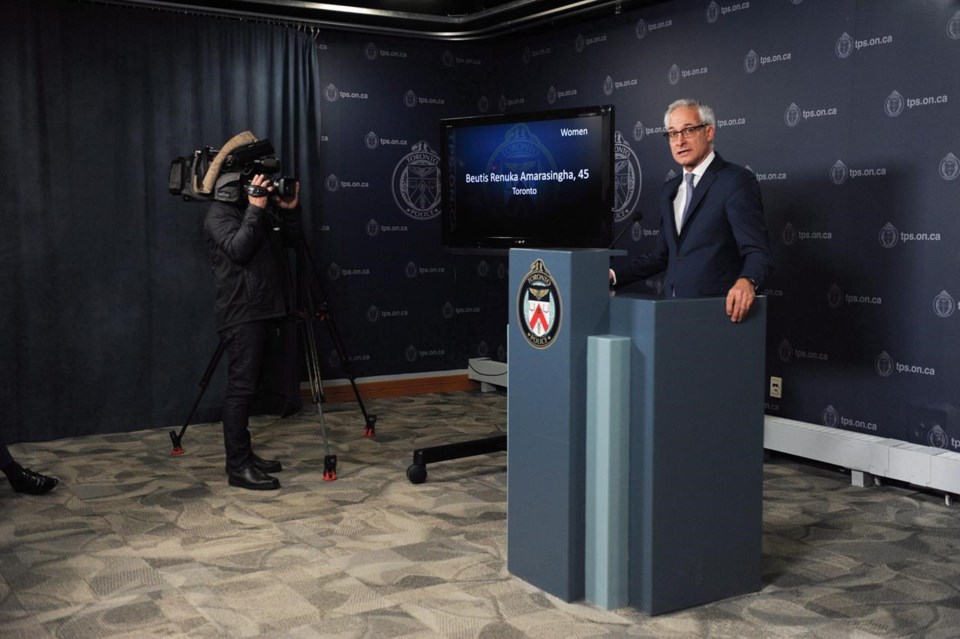TORONTO — A Thunder Bay jail was understaffed and overcrowded with inmates when a renowned Indigenous artist died there in 2017, a senior officer at the facility told an inquest on Friday.
Moses Beaver, of Nibinamik First Nation, was found unresponsive in his cell in February 2017 before being taken to the Thunder Bay Regional Health Sciences Centre, where he was pronounced dead.
An inquest into the 56-year-old's death began earlier this month and could make recommendations that include ways to improve mental health services in Thunder Bay's jail and across remote First Nations.
Staff Sgt. Mark Dyrland, who works at the Thunder Bay jail, said the facility was understaffed around 2017, with only a few employees running the entire jail on some days.
Dyrland said that as a supervisor, he had to serve meals to inmates and collect dishes at times so other staff members could take a break.
"It was a struggle," he said.
"There were days that you would be running the entire institution with five staff."
The number of inmates at the facility had been increasing and reached more than 200 by 2016, he said.
"It was pretty tough, pretty tough most days. We were very understaffed, very overpopulated," he said. "There was a lot of violence in the institution ... It made things very challenging."
Dyrland said the facility has more staff now and that has helped in addressing the needs of inmates.
"Today, it's much easier, we have resources." he said.
"We have social workers. We have mental health nurses ... We still run short from day to day but we do have a lot of staff available to assist."
The inquest jury has heard that the death of Beaver, who had mental health issues and sought help, was attributed to hanging.
Staff Sgt. Rylan Forrest, who was among a few officers who responded to Beaver in the jail on Feb. 13, 2017, told the inquest that he ran to the artist's cell when another officer sounded an emergency alarm.
"We worked very hard, fast to be able to enter the cell," he said. "Myself and another officer took turns performing CPR until the fire and paramedics came."
Beaver was pronounced dead later that day.
Dr. Peter Schubert, who worked as a psychiatrist at the Thunder Bay jail between 2003 and 2018, told the inquest earlier this week that the jail's psychiatric services didn't meet the needs of the population.
He said he was scheduled to spend three hours a week at the facility to serve an average of 200 inmates, including many that had significant addiction and mental health issues.
Schubert said the jail is aware of the issue and has tried to recruit other psychiatrists but that has been difficult.
The coroner's counsel, Robert Kozak, told the jury earlier that approximately 32 witnesses will be called during the 20-day inquest, including jail staff, police officers, Beaver's loved ones, health experts and community members.
This report by The Canadian Press was first published April 28, 2023.
Maan Alhmidi, The Canadian Press

